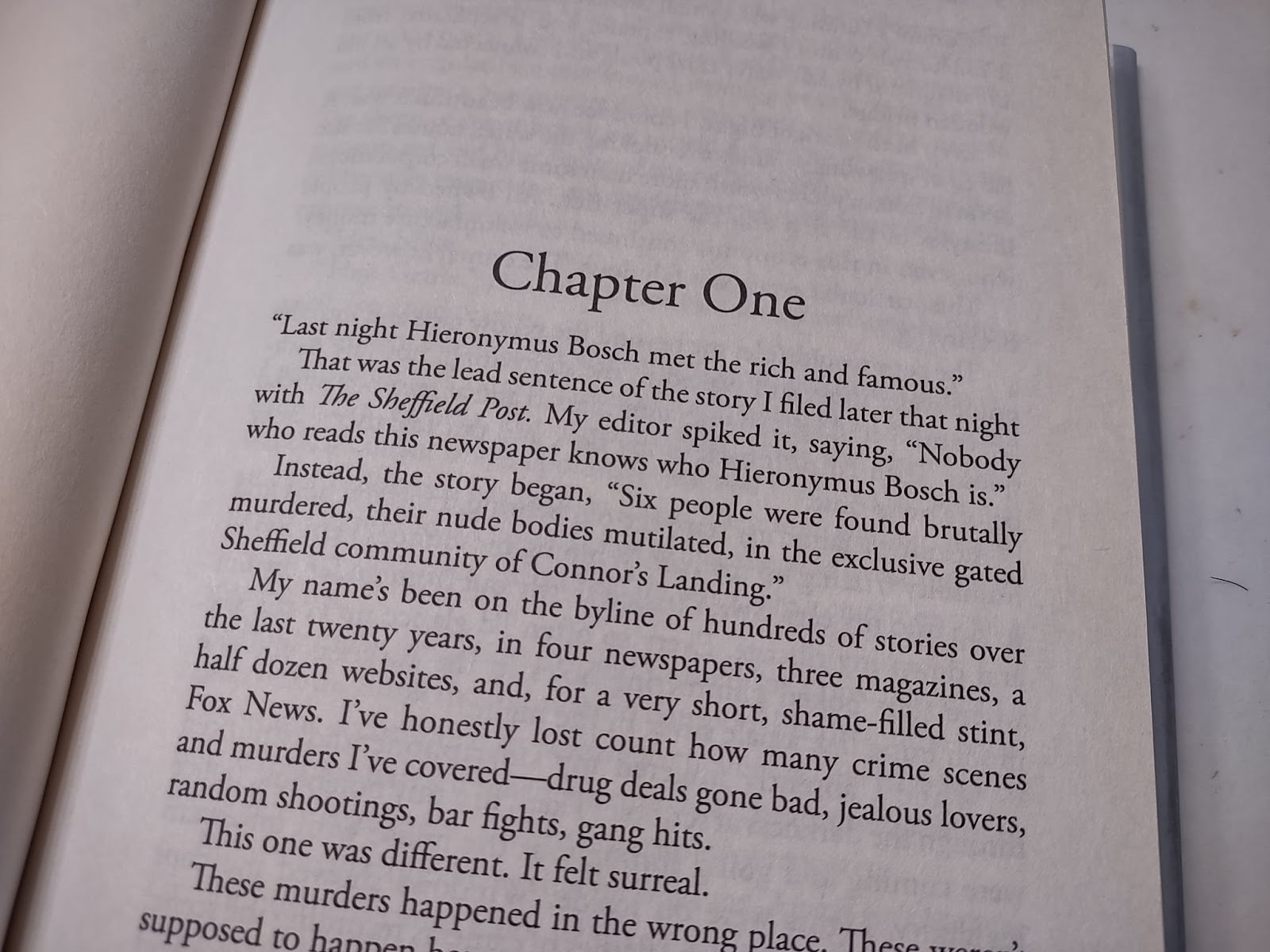By Thomas Kies
I’ve been watching way too much news these days. It’s scary and depressing. I mean it’s soul sucking and makes me want to hide under the covers, lock all the doors, and hold my calls kind of depressing.
So, I’m going to give you a little writing humor. I hope it lightens your day.
--Three guys walk into a bar, sit down and order a drink. Thie start to have a conversation and the first guy says, “Yeah, I make $150,000 a year after taxes.
The second asks, “What do you do for a living?
The first guy answers, “I’m a stockbroker. How much do you make?
The second guy says, “I’ll clear $100,000 this year.
The first guy asks, “What do you do?”
The second guy replies, “I’m a real estate attorney.
The third guy has been sitting quietly, listening, and sipping his drink.
The second asks him, “So, how much do you make a year?”
The third guy rubs his chin, thinks for a minute, and answers, “I guess about $13,000.”
The first guy asks, “So, what kind of novels do you write?
--What do you get when you cross a writer with a deadline? Answer: A really clean house.
--I once asked a literary agent what kind of writing paid the best. Her answer was “Ransom Notes.”
--What’s random, disgusting, and will put you on an FBI watch list? A mystery writer’s browser history.
--A writer died and was given the option of going to heaven or hell. She decided to check out each place first. As the writer descended into the fiery pits, she saw row upon row of writers chained to their desks in a steaming sweatshop. As they worked, they were repeatedly whipped with thorny lashes.
“Oh my,” said the writer. “Let me see heaven now.”
A few moments later, as she ascended into heaven, she saw rows of writers, chained to their desks in a steaming sweatshop. As they worked, they, too, were whipped with thorny lashes.
“Wait a minute,” said the writer. “This is just as bad as hell!”
“Oh no, it’s not,” replied an unseen voice. “Here, your work gets published.”
I told some friends these jokes last night at dinner. They all laughed but then my wife turned to me and asked, "Are you sure these are funny?"
Okay, then change the subject and talk about something happier, like the Middle East or climate change. Keep smiling, everyone. www.thomaskiesauthor.com


